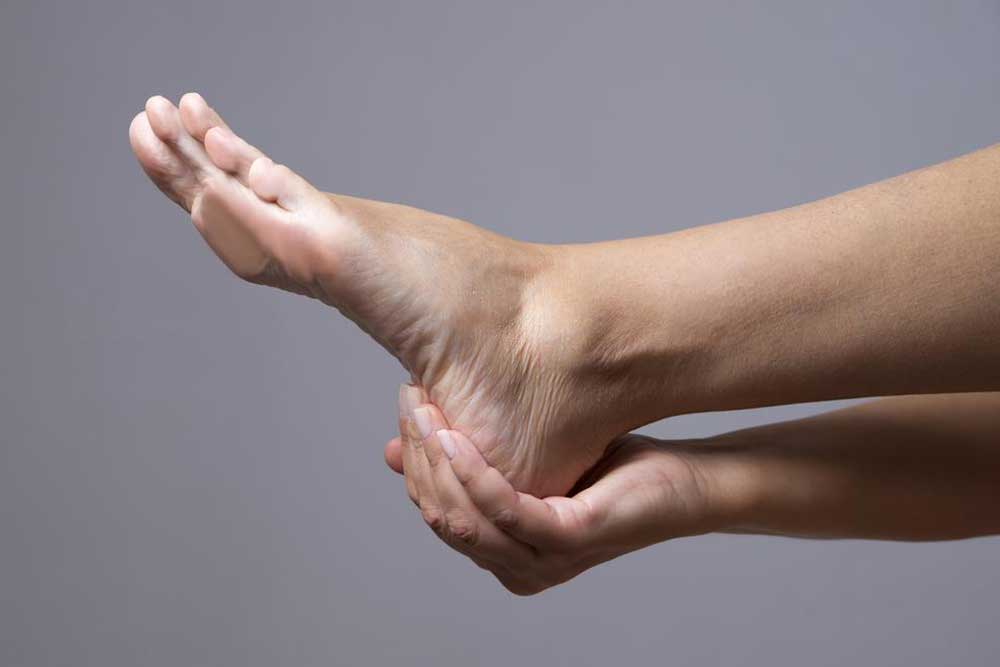Tips for Effectively Treating Heel Pain

Heel pain is a very common foot problem that may be caused due to a stress fracture, tendonitis, heel spur, or arthritis. The most common cause of heel pain is plantar fasciitis, or heel spur syndrome, which is due to the inflammation of the tissue connecting the heel to the toes.
Treatment for heel pain depends on the cause of pain. Since there are many causes of heel pain, proper diagnosis is necessary before deciding on treatment for heel pain.
Diagnosis
It is crucial for deciding the right treatment plan. The physician conducts a complete physical examination of the foot and evaluates your medical history during diagnosis. Diagnostic tests like X-rays and other imaging techniques are conducted to identify any abnormalities in the bone or structures surrounding the heel.
Treatment for Heel Pain
Heel pain may be treated non-surgically or surgically. Mild to moderate heel pain can be treated through conservative treatments. Unless it is caused by other medical conditions, people with heel pain recover within a few days to a few months with treatment and adequate rest.
- Non-surgical Treatment for Heel Pain
Physical exercises such as simple stretching of the feet help ease the heel pain. Applying ice packs frequently helps relieve temporary heel pain. Use a thin towel between the ice pack and feet. Non-steroidal medication also helps reduce pain and inflammation of the heel. Adequate rest helps take the load off the heels. In some cases, ill-fitting footwear could be the cause of heel pain; changing to a new pair may sometimes just work. Providing support to the heels or placing cushions in your shoes helps ease heel pain. - Surgical Treatment for Heel Pain
Surgery is an option for persistent heel pain caused due to an injury or fracture. Patients affected by plantar fasciitis who do not respond well to non-surgical treatments may require surgical treatment.
Heel pain is usually felt at the bottom of the heel. The pain starts gradually and worsens over time. Treatment for heel pain is decided on the basis of the cause and severity of pain.

